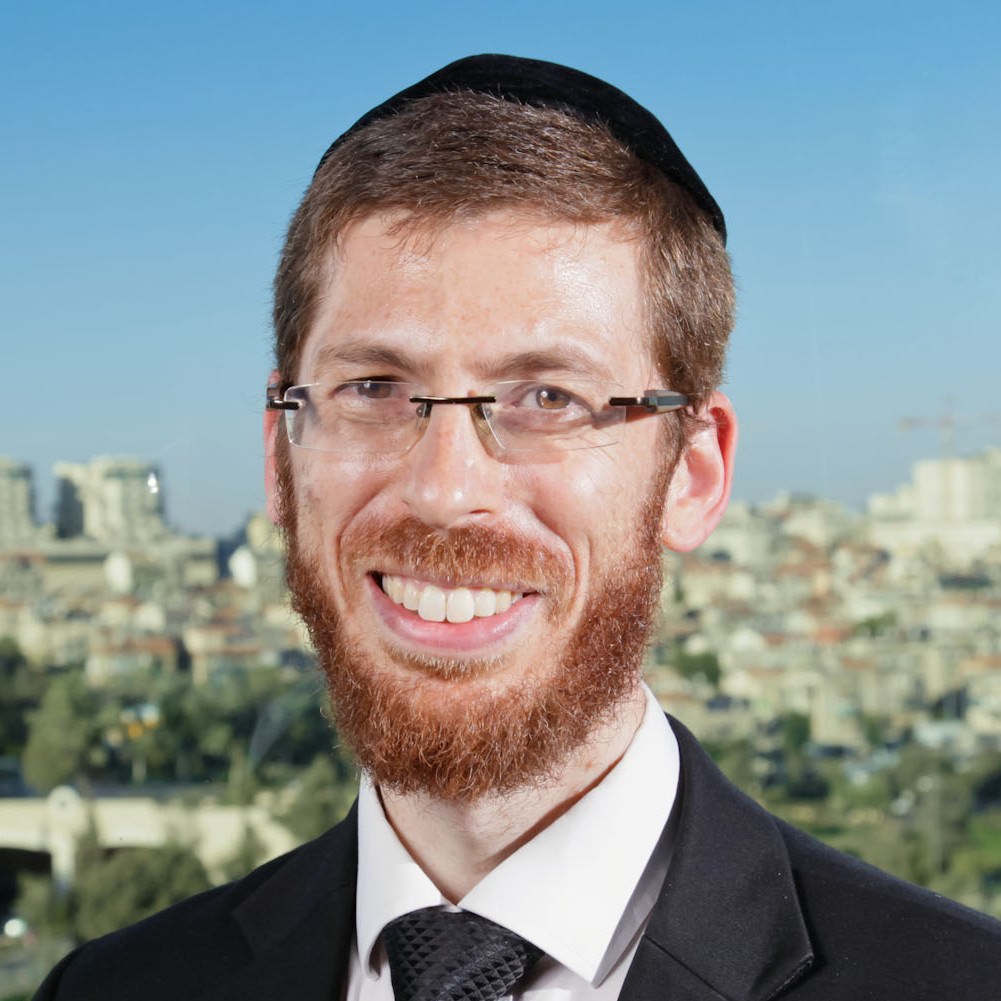This past April, Israel held national elections that would either grant Prime Minster Netanyahu and his Likud party another term in office, or else designate a replacement. And for the first time since in Israeli history, the apparent victor could not assemble a governing Knesset majority, forcing the country to hold another election. In September, Israelis went back to the polls and, as of this writing, no coalition has emerged capable of establishing a new government.
At the very center of Israel’s political turbulence is the Ultra-Orthodox (Haredi) community. Will the government force Israel’s Haredim to join their fellow citizens in conscripted military service? How can this community – now a million strong – integrate into the Israeli economy and society without losing its distinctive vision of Jewish life? Rabbi Yehoshua Pfeffer, editor of the Israeli journal of Haredi thought and ideas, Tzarich Iyun, is one of the most important figures thinking about and shaping the future of haredi politics and culture in Israel. Learn about the culture war at the center of Israeli politics from one of the Haredi community’s most insightful leaders.
At the very center of Israel’s political turbulence is the Ultra-Orthodox (Haredi) community. Will the government force Israel’s Haredim to join their fellow citizens in conscripted military service? How can this community – now a million strong – integrate into the Israeli economy and society without losing its distinctive vision of Jewish life? Rabbi Yehoshua Pfeffer, editor of the Israeli journal of Haredi thought and ideas, Tzarich Iyun, is one of the most important figures thinking about and shaping the future of haredi politics and culture in Israel. Learn about the culture war at the center of Israeli politics from one of the Haredi community’s most insightful leaders.
